Monitoring and evaluation: The need for standardised principles

The justification for a Southern framework on M&E principles. South-South Cooperation is broadly defined as the exchange of resources, technology, skills and technical know-how among countries of the South to promote social, economic, cultural, political and scientific development.
BAPA+40 in the African context: Is there a role for peace and security?
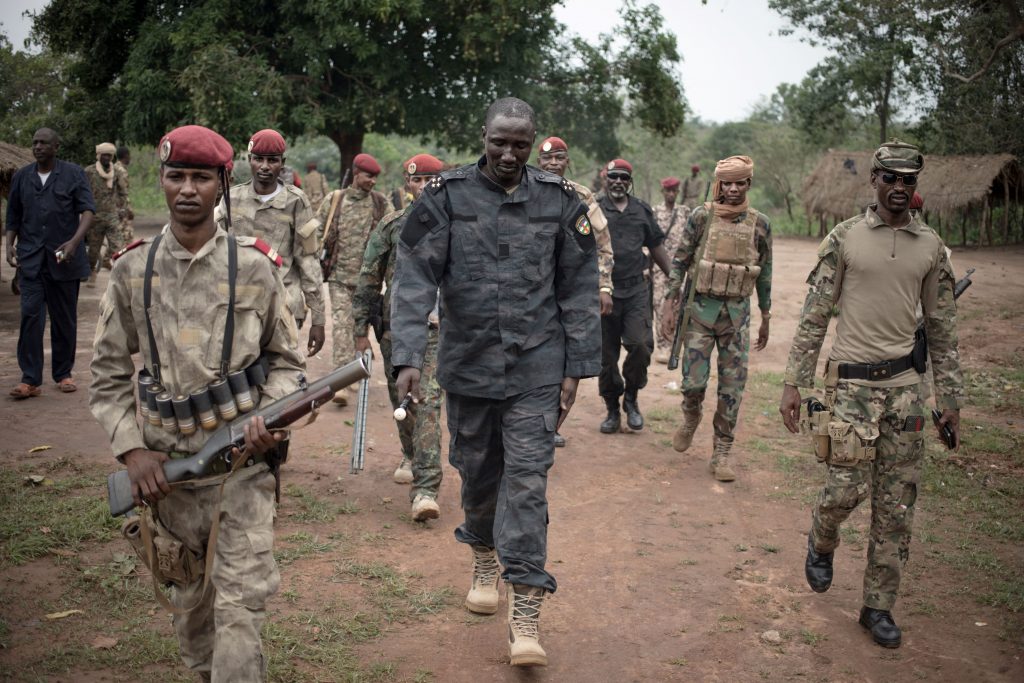
The importance of south-south cooperation (SSC) to the global development agenda is undisputed.
Challenges in defining South-South Cooperation
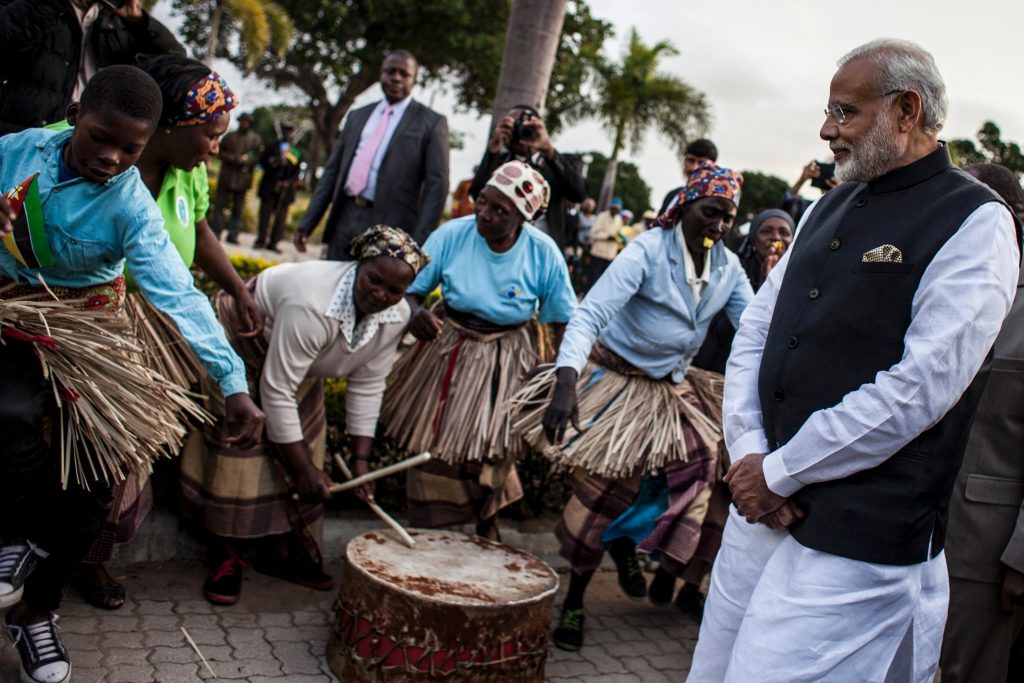
The following article draws from previous and ongoing work conducted by the author that led to the recent book publication titled China and India’s Development Cooperation in Africa: The Rise of Southern Powers.
The road to BAPA +40: An African Civil Society Perspective
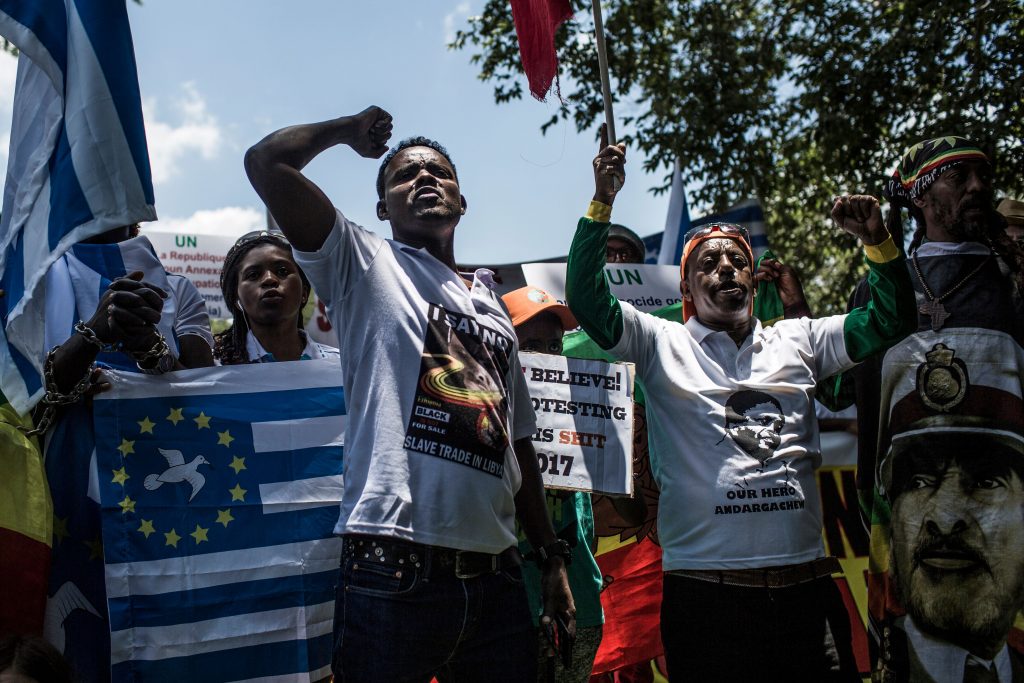
A growing body of evidence suggests that learning and cooperation among developing nations is increasing in both frequency and complexity.
BAPA+40: Learning from the Global South
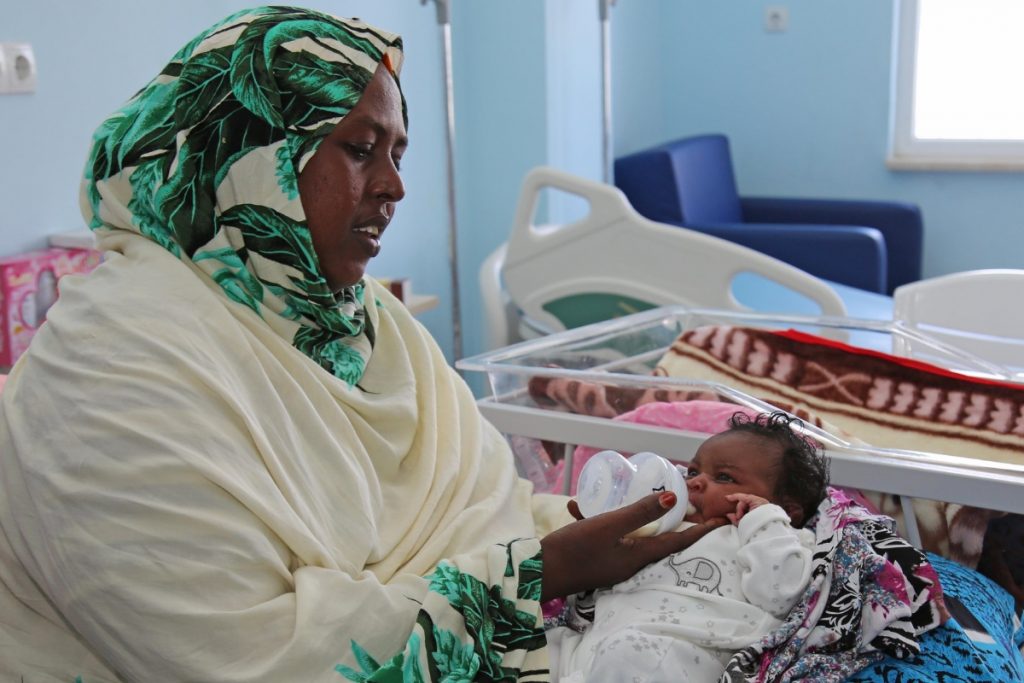
One word to describe the current state of multilateralism is ‘contested’. Within existing international institutions, like the United Nations, debates on global governance reform have been politicised to a point of gridlock.
Beyond the numbers: measuring South-South Cooperation

Do concepts and definitions matter when the work is already under way? Delegates grappled with this question at a recent symposium in Buenos Aires, organised to reflect on South-South Cooperation (SSC) since 1978, when the first action plan for the framework was adopted in the same city.
A Monitoring And Evaluation Framework For South-South Cooperation

This paper summarises the outcome of the NeST technical workshop held in Mexico in September 2016.
South-South Peacebuilding: Lessons and Insights from Turkey and South Africa’s Support to Fragile States

Emerging actors, such as providers of South-South cooperation (SSC), are increasingly playing a role in peacebuilding, particularly in fragile states and conflict-affected areas.
Emerging powers’ peace-building in fragile states
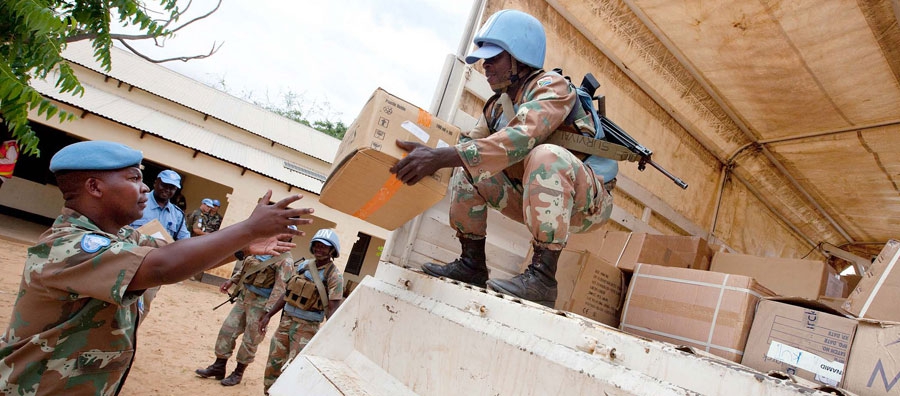
Are Southern providers more effective in facilitating peace processes, political settlements and building institutions in fragile states than traditional Western donors are? Is South-South peace-building different in approach, form and outcome than interventions by Western powers in conflict-affected areas?
New development finance measure should be TOSSD out the window

Last year the world embarked on a new set of Sustainable Development Goals that should guide international development efforts until 2030. In tandem, the OECD club of donors have been developing a new statistic to measure their contribution towards these goals.
